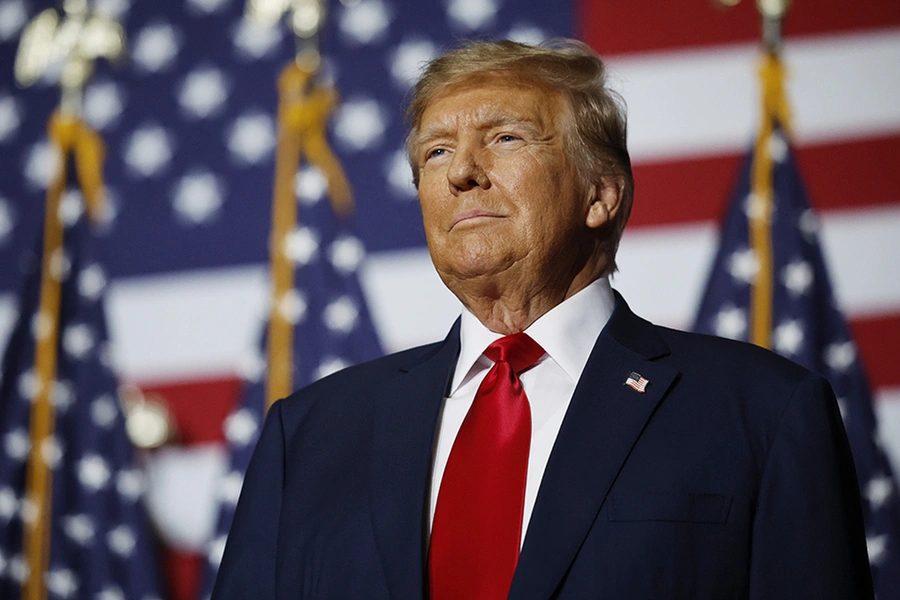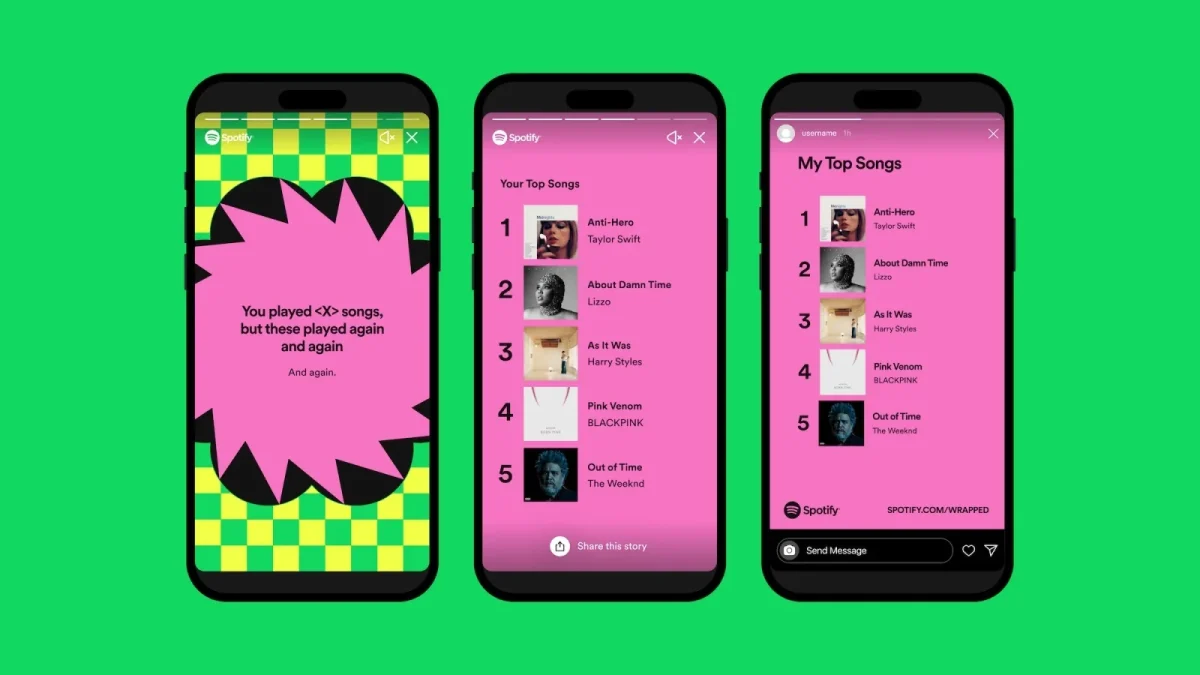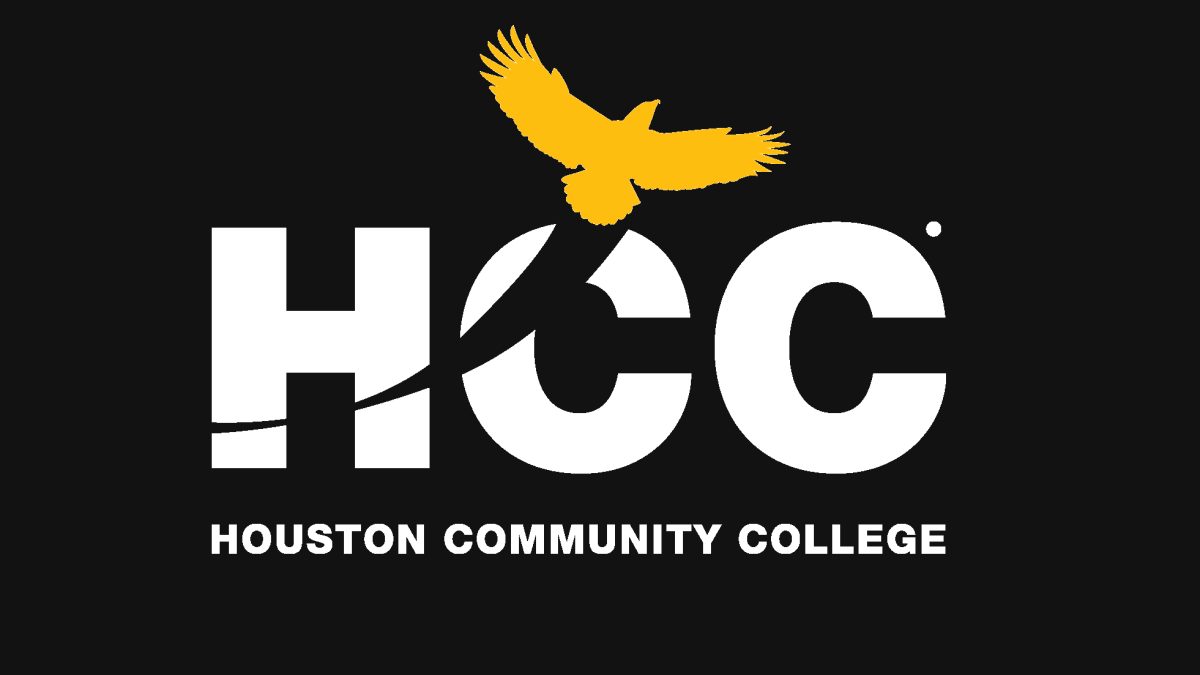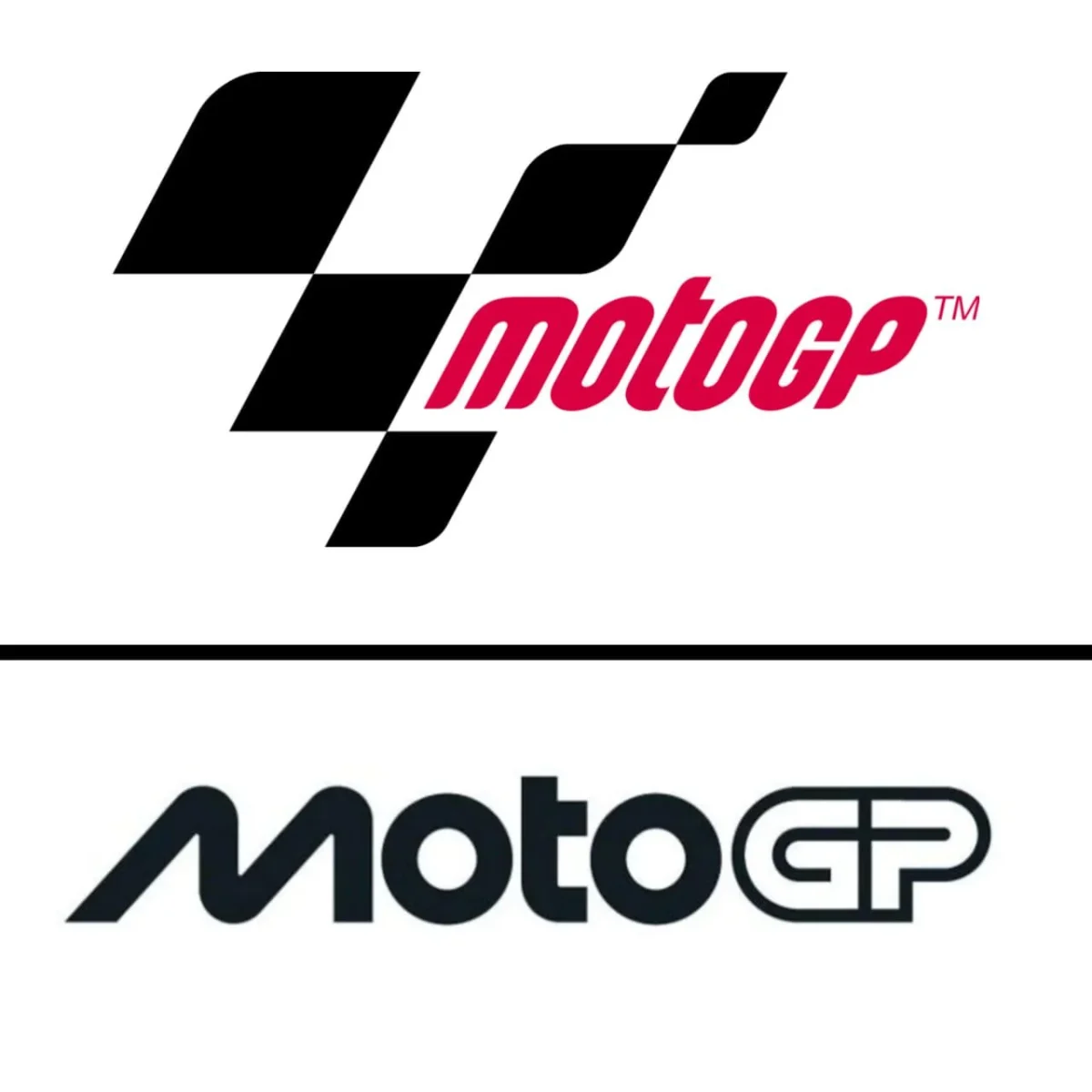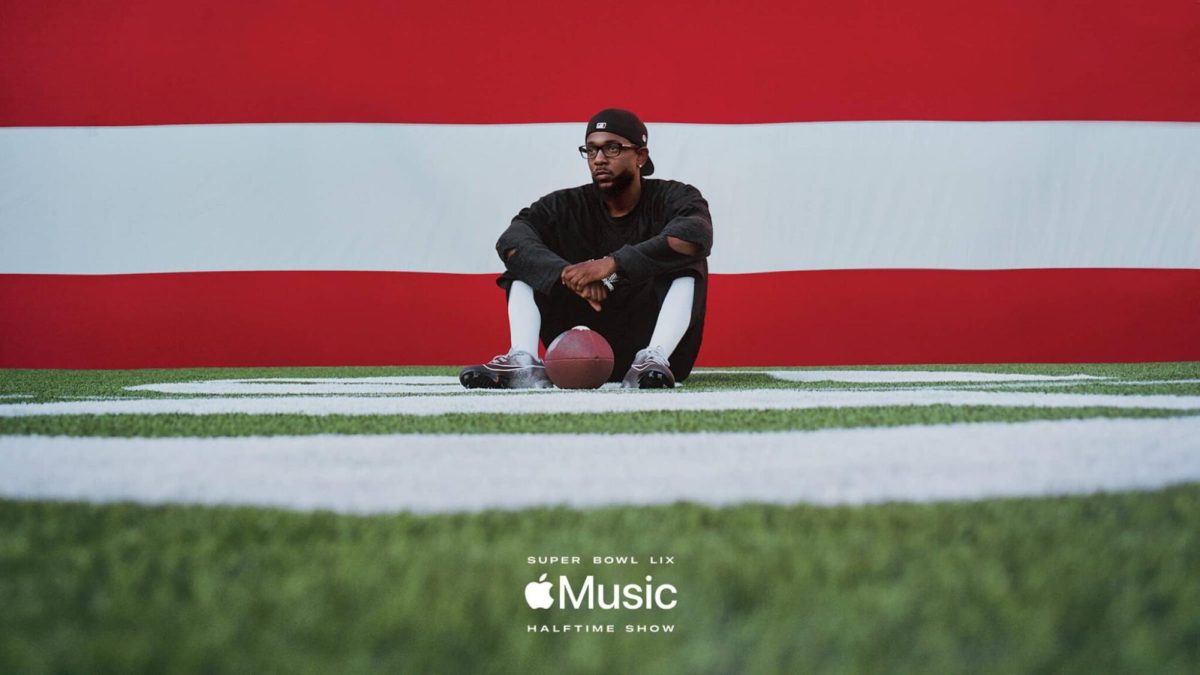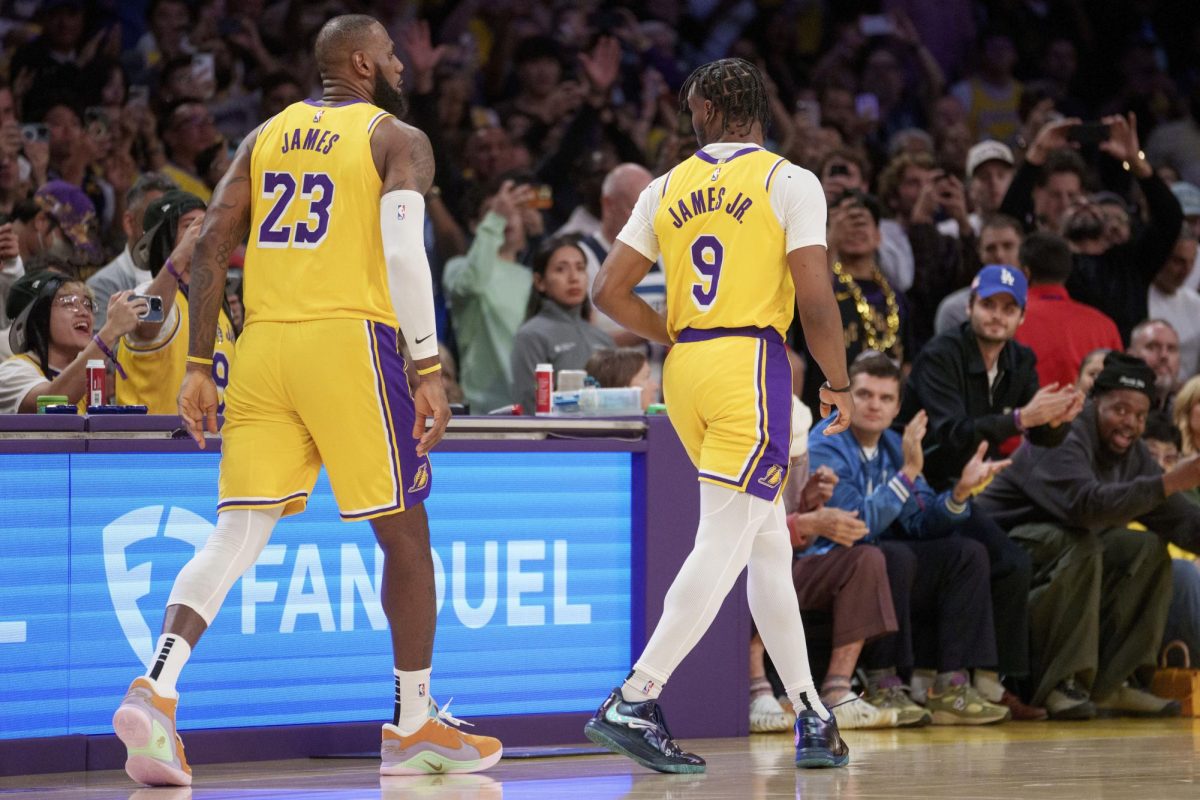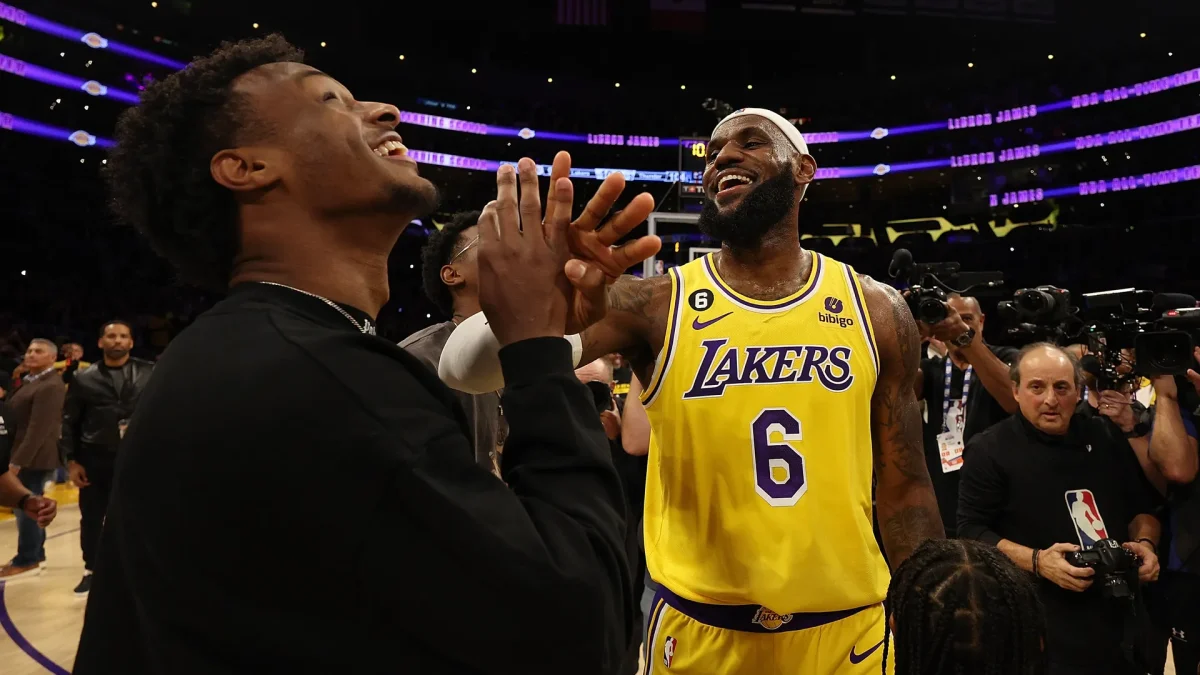The Rise of Remote Work and Flexibility
One of the most significant shifts driven by Gen Z is the demand for flexibility. According to a 2023 survey by Deloitte, over 75% of Gen Z workers say they prefer a job with flexible work arrangements, including the option to work remotely. The traditional 9-to-5 office job is no longer appealing to this generation, which values work-life balance and the ability to tailor their work schedules to their personal lives.
“For me, flexibility is key,” says Sarah Johnson, a 23-year-old marketing specialist based in Austin, Texas. “I love being able to work from home when I need to focus or take a mental health day without feeling guilty. It makes me more productive and loyal to my company.”
This sentiment is echoed across industries, with many companies adapting by offering hybrid work models and results-oriented work environments. The pandemic accelerated this trend, but Gen Z has ensured that flexible work will remain a staple of modern employment.
Mental Health: A Non-Negotiable Priority
Mental health is another area where Gen Z has pushed for meaningful change. In the past, mental health was often a taboo subject in the workplace. But for this generation, mental wellness is non-negotiable. A survey by McKinsey & Company found that nearly 60% of Gen Z employees consider mental health support a critical factor when choosing an employer.“Workplace culture used to be about who could grind the hardest,” explains Taylor Nguyen, a 25-year-old software developer. “But Gen Z is saying, ‘No, we value our well-being, and we expect companies to support that.’”In response, companies like Google, LinkedIn, and Salesforce have introduced expanded mental health benefits, including access to therapy, mental health days, and wellness stipends. These benefits not only help attract Gen Z talent but also foster a more compassionate, human-centered workplace culture.
Diversity, Equity, and Inclusion: More Than a Buzzword
Gen Z is also pushing the envelope when it comes to diversity, equity, and inclusion (DEI). For many in this generation, diversity isn’t just a checkbox or a corporate talking point—it’s a core value. This generation expects companies to back up their DEI claims with tangible actions, whether that’s creating safe spaces for marginalized voices, committing to equal pay, or improving representation at all levels of the organization.
“Diversity is part of who I am and what I stand for,” says Malik Brooks, a 24-year-old HR manager. “When I look for a job, I don’t just want to see diversity in the mission statement; I want to see it in leadership roles, in company culture, and in how they treat employees.”
To meet these expectations, companies are introducing more comprehensive DEI initiatives. Tech giants like Microsoft and Apple have launched programs aimed at increasing racial and gender diversity in leadership roles, while smaller startups are offering training on unconscious bias and creating mentorship programs to support underrepresented employees.
Technology and Collaboration: Breaking Down Barriers
Gen Z is the first generation to have grown up with the internet and social media at their fingertips, and this has shaped how they view communication and collaboration in the workplace. Gone are the days of rigid hierarchies and formal communication. Gen Z expects flat organizational structures, where collaboration is fluid, and technology plays a central role.
“Collaboration should be easy,” says Emily Rivers, a 22-year-old graphic designer. “I shouldn’t have to schedule a meeting for everything. Tools like Slack and Zoom make it simple to work with anyone in the company, whether they’re sitting next to me or halfway across the world.”
This tech-first mindset is pushing companies to adopt more dynamic communication tools, cloud-based project management systems, and real-time feedback loops. As a result, many organizations are seeing improved teamwork, faster decision-making, and a more inclusive environment where everyone’s voice can be heard.
A Purpose-Driven Approach to Work
While previous generations might have been content with job security and a steady paycheck, Gen Z is on a quest for purpose. They want to work for companies that align with their values and contribute to a greater good. According to a study by LinkedIn, nearly 90% of Gen Z professionals are more likely to stay at a job that provides a sense of purpose.
“I need to know that the work I’m doing matters,” says Isaiah Clark, a 21-year-old environmental consultant. “Whether it’s sustainability, social justice, or innovation, I want to be part of something bigger than myself.” This shift toward purpose-driven work is leading companies to re-evaluate their corporate missions and social responsibility efforts. Brands like Patagonia and Ben & Jerry’s have gained loyal followings among Gen Z employees by staying true to their social and environmental commitments.
The Future of Work, Shaped by Gen Z
As more members of Gen Z enter the workforce, it’s clear that their influence is reshaping workplace culture in ways that go beyond surface-level changes. Companies that embrace flexibility, prioritize mental health, champion diversity, and foster a sense of purpose will not only attract Gen Z talent but also set themselves up for long-term success.
The question isn’t whether Gen Z will change the workplace—it’s how quickly companies can adapt to meet their demands.
What Do You Think?
Are you a Gen Z professional or someone who’s witnessed these changes firsthand? Share your thoughts in the comments or take our survey below to let us know which workplace trends you value the most.


